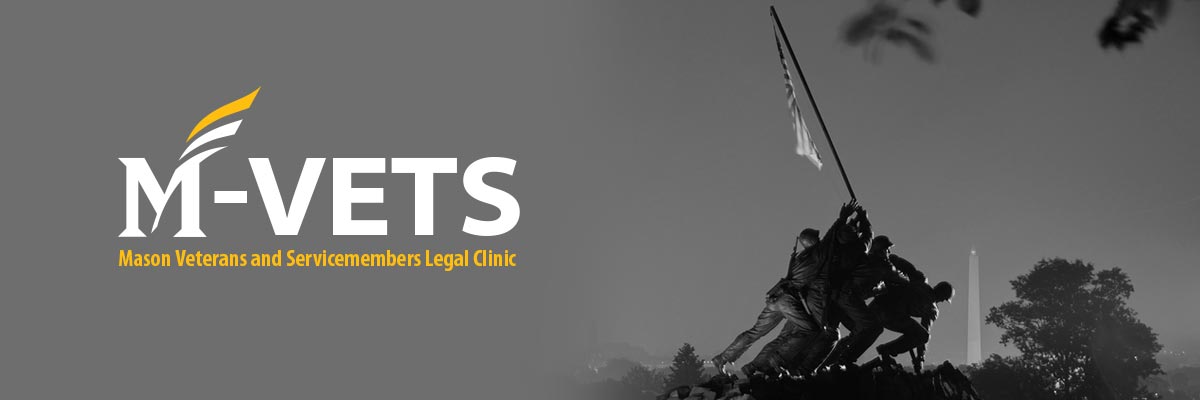By Alyssa Digiacinto, GMUSL ’13, CLASV Spring 2013 Student Advisor
Instituting a legal action can be unpleasant. It can be even more so when you are unable to locate a necessary party. What if that party you are trying to locate is a servicemember?
As you are aware, servicemembers lead very different lives than civilians lead. Servicemembers often face restrictions regarding the information that can be obtained on any one of them, whether this relates to station location, address, or access to materials, and servicemembers do not necessarily have the freedoms that civilians enjoy. To further complicate things, many servicemembers may simply be unable to be present at legal proceedings, to timely respond to deadlines (based upon their remoteness, distance, or the sheer nature of their work), or even to receive notice that legal proceedings have been initiated against them.
Unsurprisingly, the privacy protections that are often afforded servicemembers, based upon considerations of fairness, national security and safety, out of respect for the servicemember and his or her family, are often counterbalanced by notions of fairness and justice to the civilians who may find themselves in legal disputes with servicemembers. Ideally, servicemembers should not be able to escape or evade their legal obligations based upon the nature of their occupation and inaccessible, sometimes unidentifiable, location. However, the alternative of having servicemembers forfeit their rights in order to facilitate the ease with which legal processes may run is equally unacceptable. The question then becomes: What is the proper balance between these competing interests? More importantly, to what extent should legal proceedings be more flexible in order to account for the contingencies that are likely to arise in legal proceedings that involve servicemembers?
Legislation may be part of the answer. The Servicemembers Civil Relief Act (SCRA) “was passed by Congress to enable those serving in the military to devote their entire energy to the defense needs of the nation and to provide for the temporary suspension of judicial and administrative proceedings and transactions that might adversely affect the civil rights of servicemembers during their military service.”[1] Among the many invaluable protections afforded servicemembers through the SCRA, there are potential safeguards that may allow the servicemember an opportunity to stay proceedings or overturn default judgments. It is likely the case that public policy recognized the somewhat fragile line between demanding efficient and speedy legal processes when servicemembers are involved, and allowing for a degree of elasticity in the process and timeframe so that servicemembers are not unduly burdened or disadvantaged.
It remains to be seen how these issues will be fully addressed, however, the expanding list of resources and guidance relating to this area provides a helpful starting point in addressing the issue of the defendant who’s whereabouts, whether voluntarily or involuntarily, remains unknown.
Helpful Resources (locating servicemembers):[2]
- Contact the local armed forces recruiter.
- Base locators at installations where servicemembers were last stationed. Contact the installation’s information operator to provide further information for an inquiry.
- Contact Armed Forces legal assistance offices at http://legalassistance.law.af.mil/content/locator.php.
- Use worldwide military locators (including Army, Navy, Marine Corps, and Air Force):
- To see a list of worldwide military locators, see https://kb.defense.gov/ and then select “Locating Service Members or Getting a Mailing Address.”
- From there, you will see a listing of contact information for the major military locators.
[1] Mark E. Sullivan, The Military Divorce Handbook: A Practical Guide to Representing Military Personnel and Their Families 55-56 (2d ed. 2011).
[2] Id. at 1-6.
The views and opinions expressed in this article are those of the author’s only and do not necessarily reflect the official policy or position of CLASV, George Mason University School of Law, George Mason University or any agency of the Commonwealth of Virginia.
